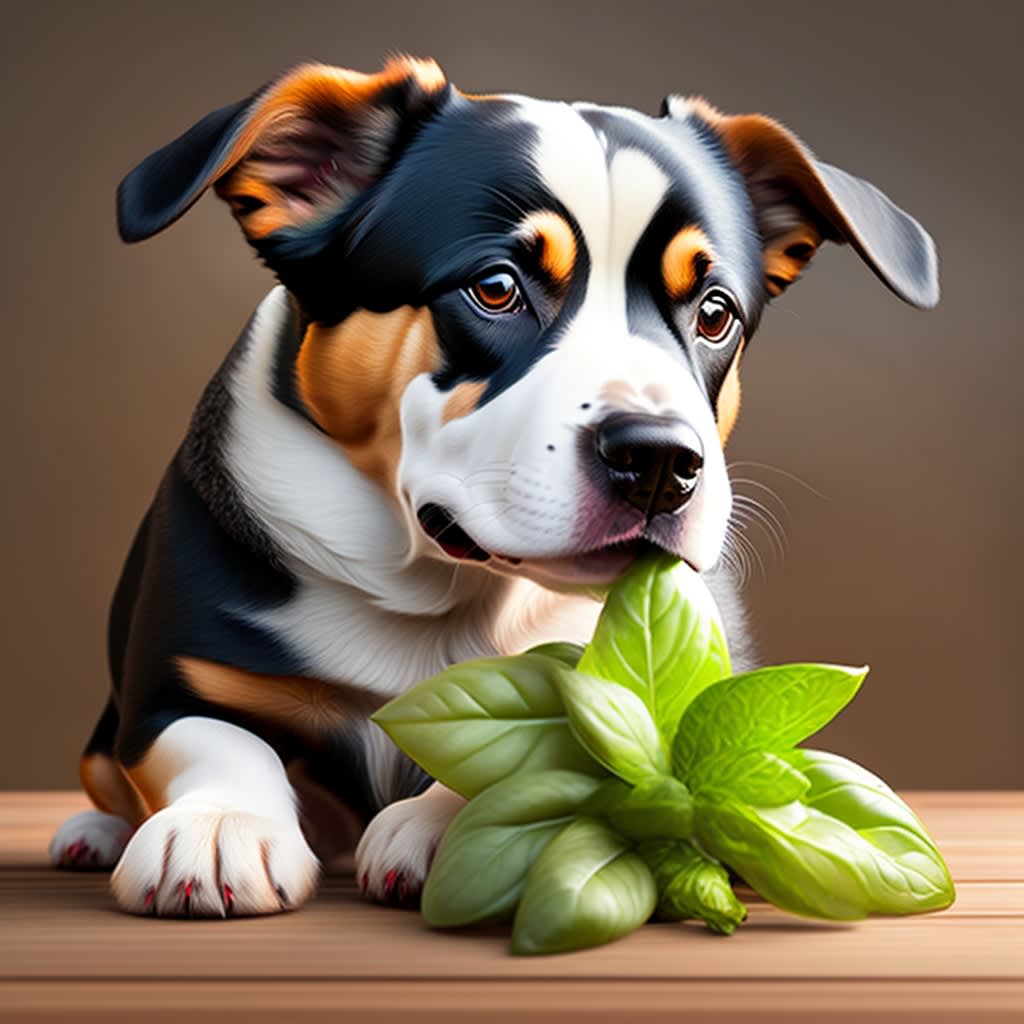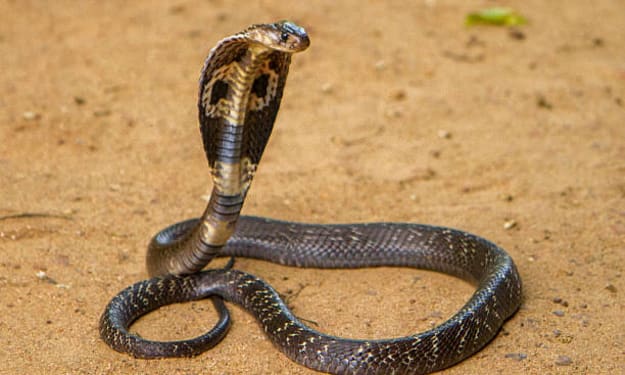Can Dogs Eat Basil? Is it safe for dogs?
The Potential Health Benefits of Basil for Dogs

Yes, dogs can eat basil, and it is generally safe for them. Basil is non-toxic to dogs and can be a flavorful addition to their diet. However, it is important to offer basil in moderation and ensure it is free from any harmful substances. Always start with small amounts and monitor your dog for any adverse reactions.
In this article, we will explore whether dogs can eat basil, the benefits it may offer, potential risks, and how to incorporate it into your dog's diet. Let's dive in and find out if basil is a safe and healthy treat for your canine companion.
Is Basil Safe for Dogs to Eat?
Yes, Basil is safe for Dogs to Eat. When it comes to introducing new foods to your dog's diet, safety is paramount.
You may wonder, can dogs eat basil? The good news is that basil is generally safe for dogs to consume. It is non-toxic and not known to cause any serious harm or adverse effects when given in moderation. However, there are a few important considerations to keep in mind.
While basil itself is not toxic to dogs, certain preparations or variations of basil may pose risks. For instance, if basil leaves are coated with harmful substances such as pesticides or herbicides, they can be harmful to your dog.
Therefore, it's essential to use fresh and organic basil or thoroughly wash it before offering it to your pet. Additionally, avoid feeding your dog large quantities of basil, as excessive amounts could upset their stomach or cause digestive issues.
Health Benefits of Basil for Dogs
Apart from its delightful flavor, basil offers some potential health benefits for dogs. This aromatic herb contains high levels of antioxidants, which help prevent cellular damage caused by harmful free radicals. These antioxidants can support your dog's overall well-being, including their immune system, joint health, and heart health.
Basil also contains essential nutrients like vitamins A, K, and C, as well as minerals such as iron, calcium, and manganese. These nutrients contribute to a balanced diet and may promote optimal canine health.
Furthermore, some dog owners have reported that basil has helped alleviate certain conditions like arthritis in their furry friends, although scientific evidence is limited in this regard.
Types of Basil Suitable for Dogs
There are several types of basil available, but not all are safe for dogs. Stick to common varieties such as sweet basil, which is the most widely used and readily available type. Other safe options include Thai basil and lemon basil. Avoid using exotic or rare varieties, as they may have different chemical compositions that could be harmful to your dog.
How to Feed Basil to Your Dog
When introducing basil to your dog's diet, it's crucial to start with small amounts and observe their reaction. Begin by offering a tiny bit of basil as a treat or mixing a small quantity with their regular dog food.
Monitor your dog closely for any signs of allergic reactions or digestive issues. If your dog doesn't show any adverse reactions, you can gradually increase the amount of basil over time.
You can offer fresh basil leaves or sprinkle dried basil on their food. Some dog owners even prepare homemade basil pesto, excluding any ingredients that may be harmful to dogs.
Remember to consult with your veterinarian before introducing any new food to your dog's diet, especially if they have specific dietary restrictions or health conditions.
Potential Dangers and Precautions
While basil is generally safe for dogs, it's essential to be aware of potential dangers and take necessary precautions. Dogs that eat too much basil may experience stomach upset, diarrhea, or vomiting.
Moreover, basil stems can pose a choking hazard or cause gastrointestinal blockages if consumed in large quantities. To avoid these risks, remove the stems before feeding basil to your dog.
It's important to note that although basil is safe for most dogs, individual reactions can vary. Some dogs may be allergic to basil or have sensitivities to certain compounds found in the herb.
If you notice any unusual symptoms or suspect an allergic reaction, such as itching, swelling, or difficulty breathing, discontinue the use of basil and contact your local veterinarian for guidance.
Final Thoughts
In conclusion, basil can be a safe and healthy addition to your dog's diet when given in moderation. It offers potential benefits, including antioxidant properties and essential nutrients. However, always exercise caution, use fresh and organic basil, introduce it gradually, and monitor your dog's reaction. If you have any concerns or questions regarding your dog's specific dietary needs, it's best to consult with your veterinarian, who can provide tailored advice for your furry friend.
Frequently Asked Questions
How much basil can my dog eat?
Start with 1/4 to 1/2 teaspoon of basil and gradually increase to a maximum of 1-2 teaspoons for your dog. Always keep a lookout for any adverse reactions.
Is basil plant toxic to dogs?
No, the basil plant is not poisonous to dogs. Dogs can safely consume basil plant leaves without the risk of toxicity.
Can dogs eat raw basil?
Yes, dogs can eat raw basil, and it is not poisonous to them. Raw basil is generally safe for dogs to consume in small quantities. It can be a flavorful and aromatic addition to their diet. If your dog shows any signs of digestive upset or allergic reactions, discontinue feeding raw basil and consult a vet.
Is too much basil bad for dogs?
While too much basil is not necessarily poisonous to dogs, it can be detrimental to their health. Feeding excessive amounts of basil to your dog can lead to digestive issues like upset stomach, diarrhea, or vomiting.
Can I give my dog basil every day?
It is generally not recommended to give your dog basil every day, as excessive amounts could potentially lead to digestive issues or an upset stomach. While basil itself is not poisonous to dogs, overfeeding any food item, including herbs, can have negative consequences.
About the Creator
Typical Dude
Just your average guy navigating life's twists and turns. AI Enthusiast, good vibes, and terrible jokes. Stumbling through this adventure called existence. 🌍✌️






Comments
There are no comments for this story
Be the first to respond and start the conversation.